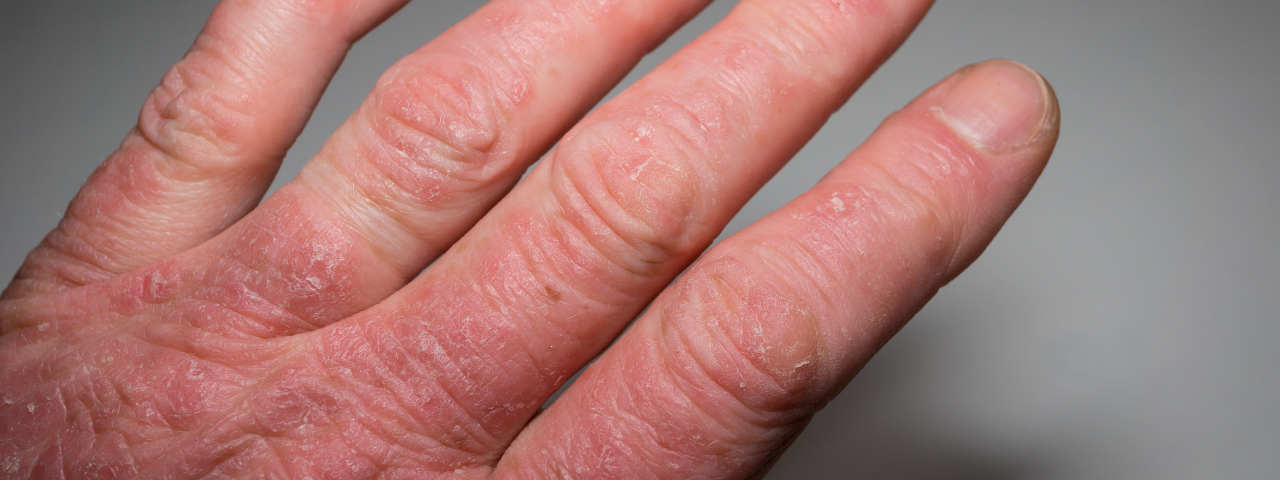On 26 January, AbbVie announced that the European Commission (EC) approved Rinvoq (upadacitinib 15mg), an oral, once-daily, selective and reversible Janus kinase (JAK) inhibitor, for the treatment of psoriatic arthritis (PsA) either as a monotherapy or concomitantly with methotrexate. This EC approval is supported by data from two pivotal clinical trials, SELECT-PsA 1 and SELECT-PsA 2, demonstrating Rinvoq’s efficacy across multiple measures of disease activity. Rinvoq already received both FDA and EMA approval for rheumatoid arthritis (RA) in August 2019 and is expected to receive FDA approval in PsA during Q1 2021 as well. Rinvoq is well positioned within the PsA disease space, as it represents the third PsA drug for AbbVie and is the first of several second-generation JAK inhibitors.
Oral, small molecule therapies make up the largest fraction of the late-stage pipeline for PsA, with Gilead/Galapagos’ Jyseleca (filgotinib) and Pfizer’s brepocitinib tosylate also in the late stages of development. Currently, the only kinase inhibitor available for PsA is Pfizer’s Xeljanz (tofacitinib), indicating there is significant room for growth within the class over the next five to 10 years. Although key opinion leaders (KOLs) interviewed by GlobalData previously believed that Jyseleca’s safety profile is the most promising of the second-generation JAK inhibitors, Gilead and Galapagos announced that they will not be pursuing American RA approval, which clears the field a bit for Rinvoq. It is unclear whether the same strategy will be pursued in PsA, which is contingent upon the results of ongoing Phase II and III studies including two trials reporting on the safety of Jyseleca on testicular toxicity. Additionally, AbbVie’s competitive pricing remains a formidable factor in determining payer coverage and prescriber usage and the company’s decades of experience in the field is almost unparalleled.
Despite the promise of JAK inhibitors within rheumatoid arthritis, KOLs remain unconvinced by the efficacy in this indication, with most saying that the arrival of new JAK inhibitors is unlikely to change current prescribing patterns of the marketed agents. Nevertheless, the positive results from the head-to-head study, SELECT-PsA 1, of Rinvoq versus Humira provide compelling evidence, especially given the saturation of the market. Rinvoq achieved non-inferiority to Humira for joint improvements, as assessed by the American College of Rheumatology (ACR) 20 score at Week 12. With the expiration of Humira’s US exclusivity looming in 2023, Rinvoq’s arrival to the market comes as no surprise as AbbVie tries to maintain its hold on the market in the years to come.






